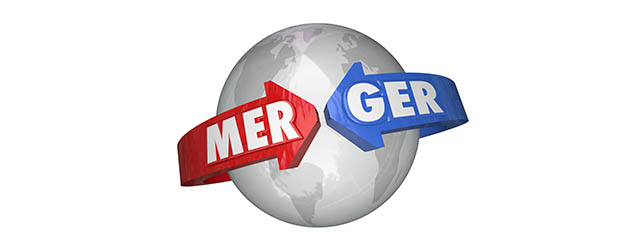Antitrust authorities around the world are stepping up their merger-monitoring activities amid a boom in cross-border M&A. They’re increasingly requiring merging companies to divest assets to win approval for their deals. In some cases, complex requirements are causing corporates to abandon proposed combinations.

General Electric said in May that it was willing to consider concessions in order to win a European Commission go-ahead to acquire the power-equipment business of France’s Alstom. GE added, however, that it would accept only “remedies that preserve the economics of the deal and the strategic value.”
The $14 billion deal was announced more than a year ago and gained the approval of the French government only after GE agreed to grow Alstom’s rail business and hire more employees in France. The European Commission has extended its deadline to rule on the merger until August 21.
Worldwide cross-border M&A totaled $594 billion this year as of May 14, which was up 29% from the same period a year earlier, according to Thomson Reuters. That was the highest year-to-date total in eight years.
The US Justice Department and Federal Trade Commission are cracking down on perceived threats to competition, as are their counterparts around the globe. “Antitrust authorities in China, Brazil, Mexico and other jurisdictions continue to assert themselves in global and local transactions while implementing reforms that favor mandatory waiting periods and, in some cases, prolonged investigations,” noted international law firm Gibson Dunn.
The firm said the US, the Justice Department and the Federal Trade Commission (FTC) have pursued aggressive antitrust enforcement since the Obama administration took office.
In January, the FTC announced a proposed study of past merger remedies to assess their effectiveness. Gibson Dunn said the study will likely take more than a year to complete but expected “the commission’s remedy requirements to grow even before it announces formal policy changes stemming from the results of the new study.”
In a recent domestic case, the FTC took Houston-based food supplier Sysco to federal court in May seeking to block its proposed $3.5 billion merger with US Foods.
An executive for US Foods told the judge his company was not prepared to engage in a lengthy court battle with the FTC, and that it would abandon the deal if the judge granted a preliminary injunction to halt the merger.
The FTC steps in on mergers between international companies that have operations in the US where it finds that a combination could dampen competition in the domestic market. In May, it required cement manufacturers Holcim of Switzerland and Lafarge of France to divest extensive assets in 14 US markets as a condition of their proposed $25 billion merger. Working closely with Canada’s Competition Bureau, the FTC required Holcim to divest two terminals in Alberta and a cement plant in Ontario as part of the settlement.
Also in May, the FTC imposed conditions on the proposed $12.4 billion merger of ZF Friedrichshafen of Germany and TRW Automotive Holdings of the US, two of the world’s largest auto parts suppliers. The companies agreed to divest TRW’s North American and European business that makes heavy-vehicle tie rods. The business includes five plants in Michigan, Canada, the Czech Republic and Germany.



